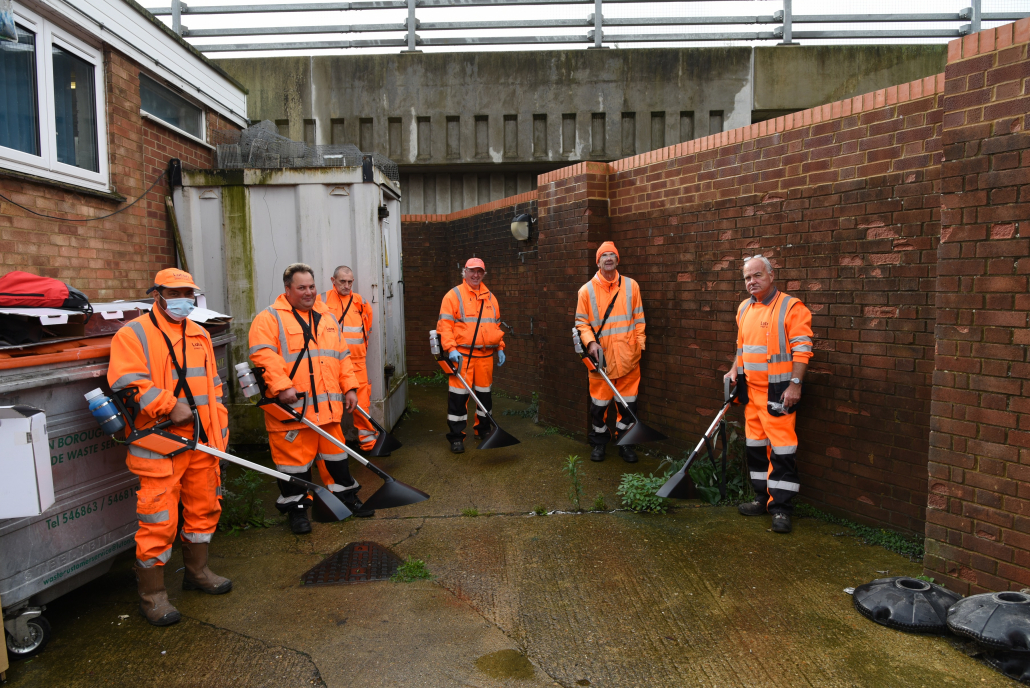Mankar ULV praised by Luton Council
Mankar ULV praised by Luton Council: Luton Borough Council has been reaping the benefits of using innovative Mankar spraying units in its weed control programme.
The promising results come after Agrovista Amenity won a contract for the supply of weed control products to Luton Council. The tender was based on Roundup glyphosate and Mankar ULV spraying units.

Mankar ULV praised by Luton Council
Mankar spraying units are professional systems for effective, environmentally responsible and economical weed control, with Roundup glyphosate being applied without water. All the spraying units are based on ULV technology which stands for ‘ultra-low volume.’
The primary area of application for Luton Council is pavement weed control, but the units can be introduced for use on highways, parks, grounds, public gardens, cemeteries and educational establishments.
Duncan Stirling, Street Spraying Manager at Luton Council, was attracted to the many benefits of the Mankar spraying system. He said: “A 50% reduction in the amount of herbicide required to maintain these areas will provide an immediate economic benefit, both in purchasing herbicide, and reduction in disposing of plastic containers.
“The ease of use with the Mankar system, in that the herbicide can be applied neat, is of continual benefit to us as it negates the need to pre-mix into knapsacks or source water supplies. This will provide a noticeable benefit to operatives in time efficiency.
“The battery life of the machine provides more than enough charge for each period of use and if required, batteries can be easily switched. Feedback from all our operatives has been extremely positive, particularly in relation to ergonomics; the 3.4kg spraying unit is a lot more comfortable in comparison to knapsack and other spraying systems, which can weigh over 20kg. The team has also commented on how quiet the device is when operating, causing minimal disruption to members of the public.
“Not only will we be saving money, but we will also see an improvement in the quality of the areas we maintain.”
Following the award of the contract, Agrovista Amenity delivered a training session to the team of operatives. Ed Smith, Landscape Team Manager for Agrovista Amenity is delighted to see the Mankar systems making a difference for Luton Council.
“It’s been fantastic to see Luton Council report such positive results from using the Mankar sprayers,” he said.
“Not only are they a cost-effective solution, but they are more environmentally friendly, more comfortable for the operatives and ultimately, they achieve a high level of weed control in comparison to other spray systems available.”
For more information about Agrovista Amenity, visit www.agrovista.co.uk/amenity
For the latest industry news visit turfmatters.co.uk/news
Get all of the big headlines, pictures, opinions and videos on stories that matter to you.
Follow us on Twitter and Instagram for fun, fresh and engaging content.
You can also find us on Facebook for more of your must-see news, features, videos and pictures from Turf Matters.
















